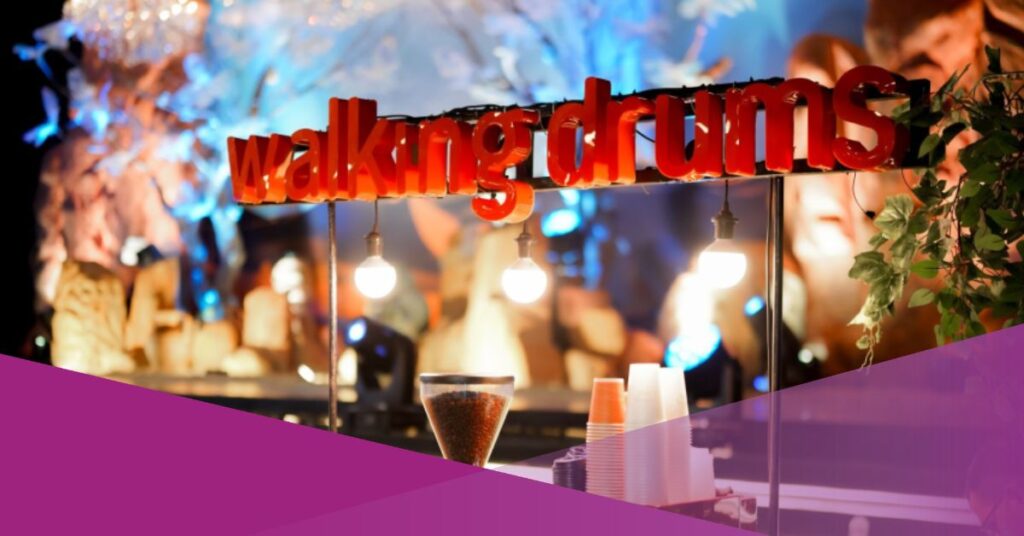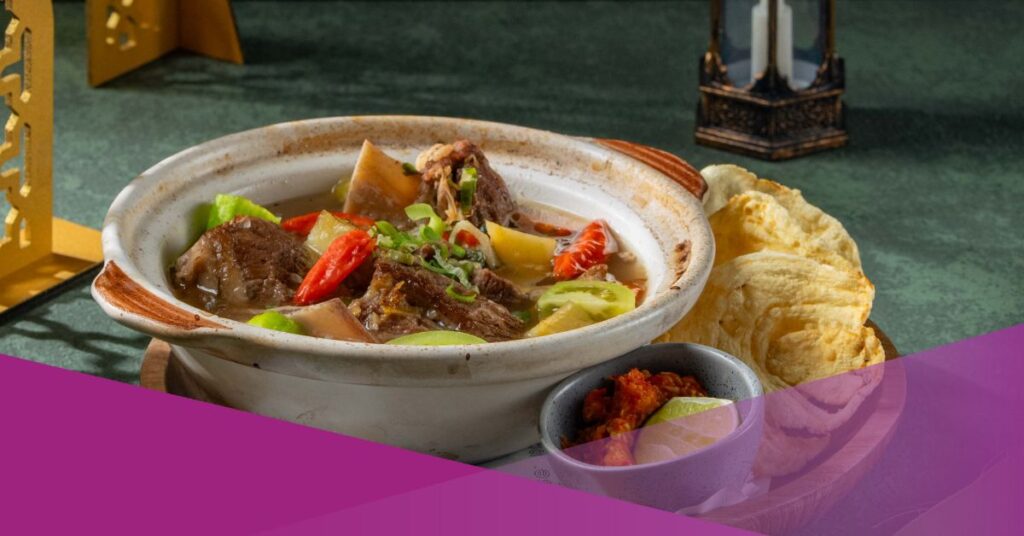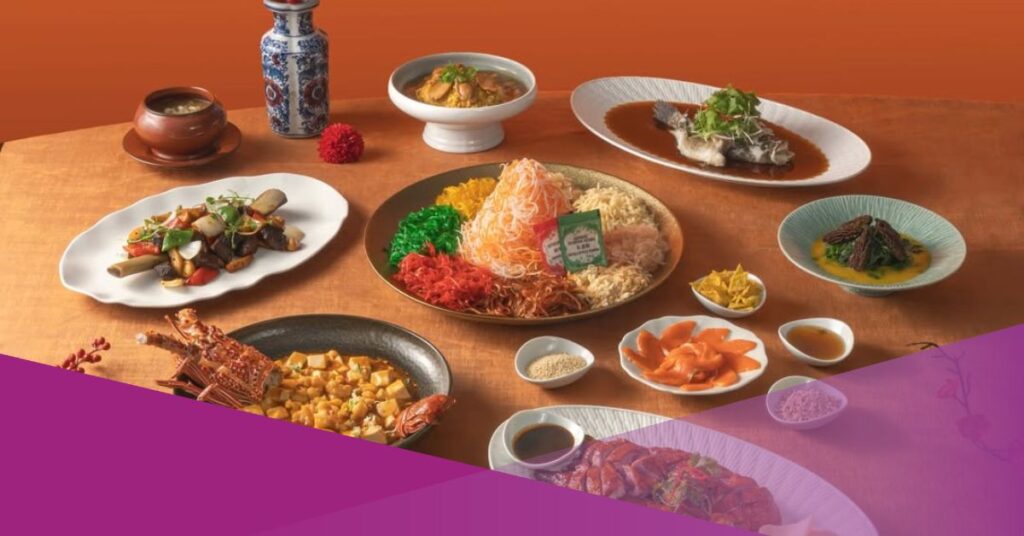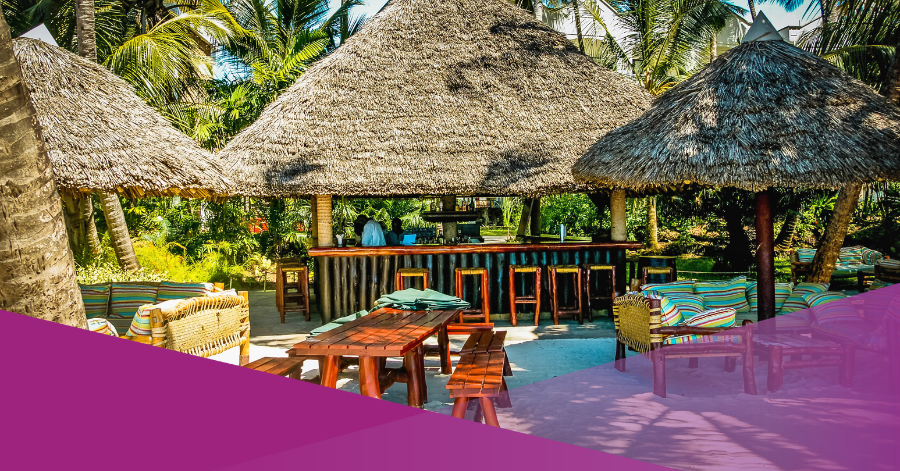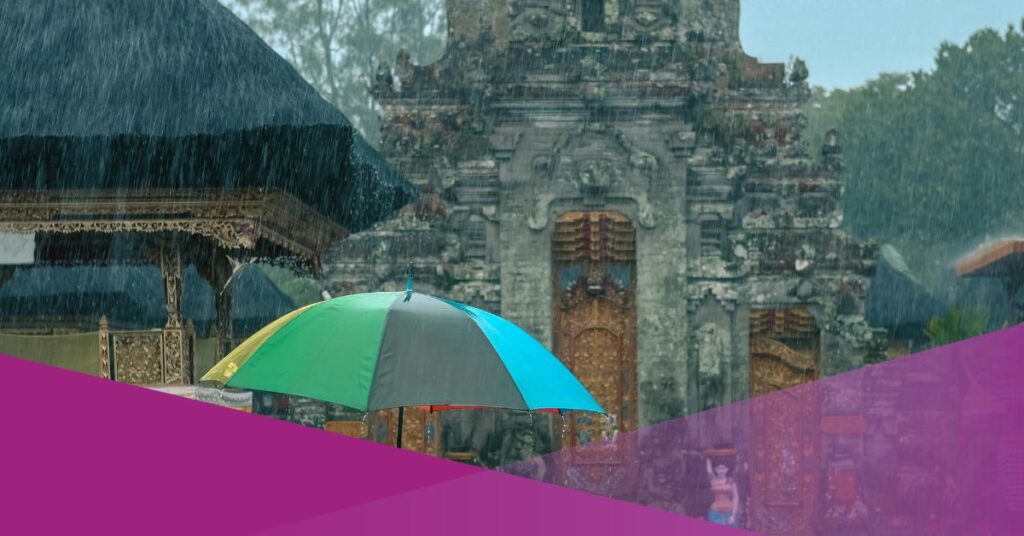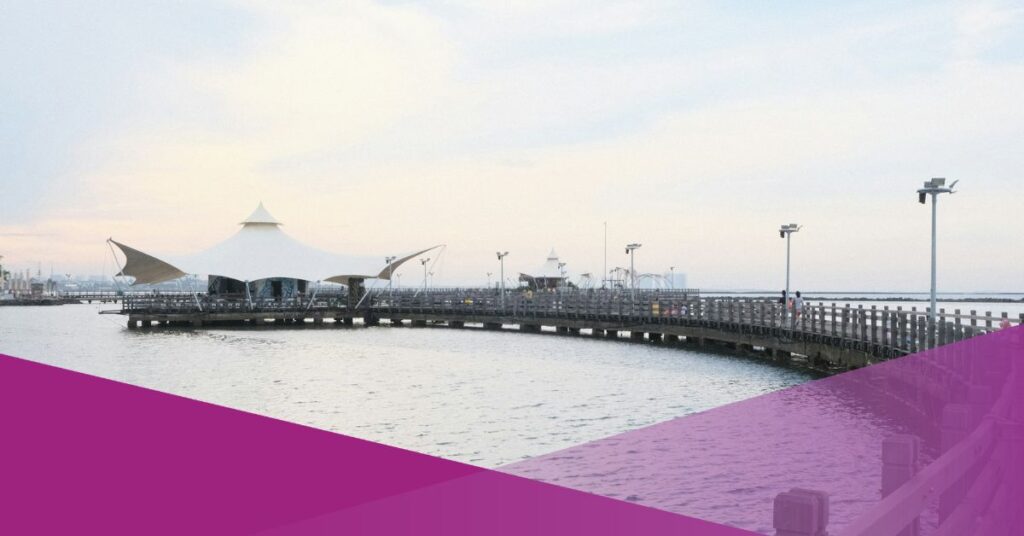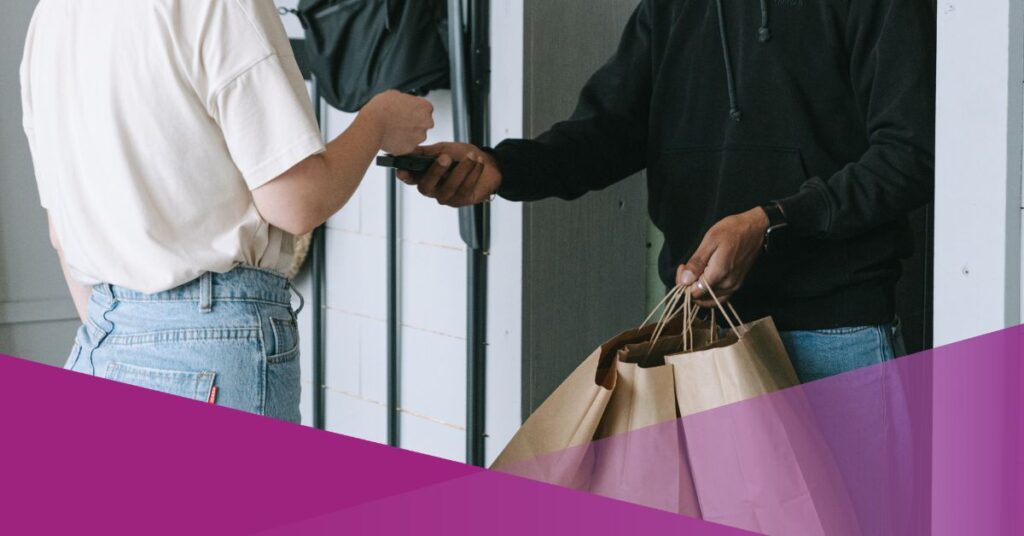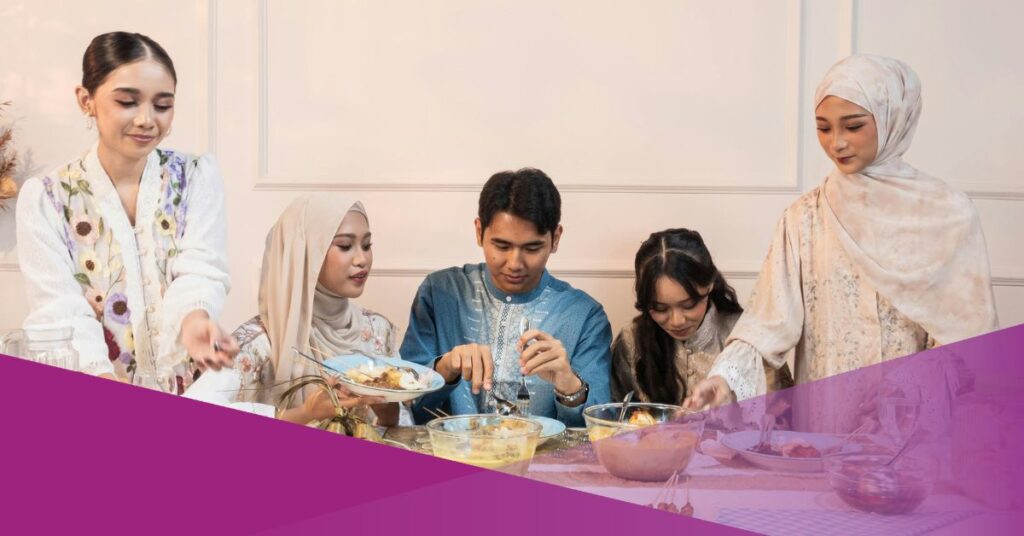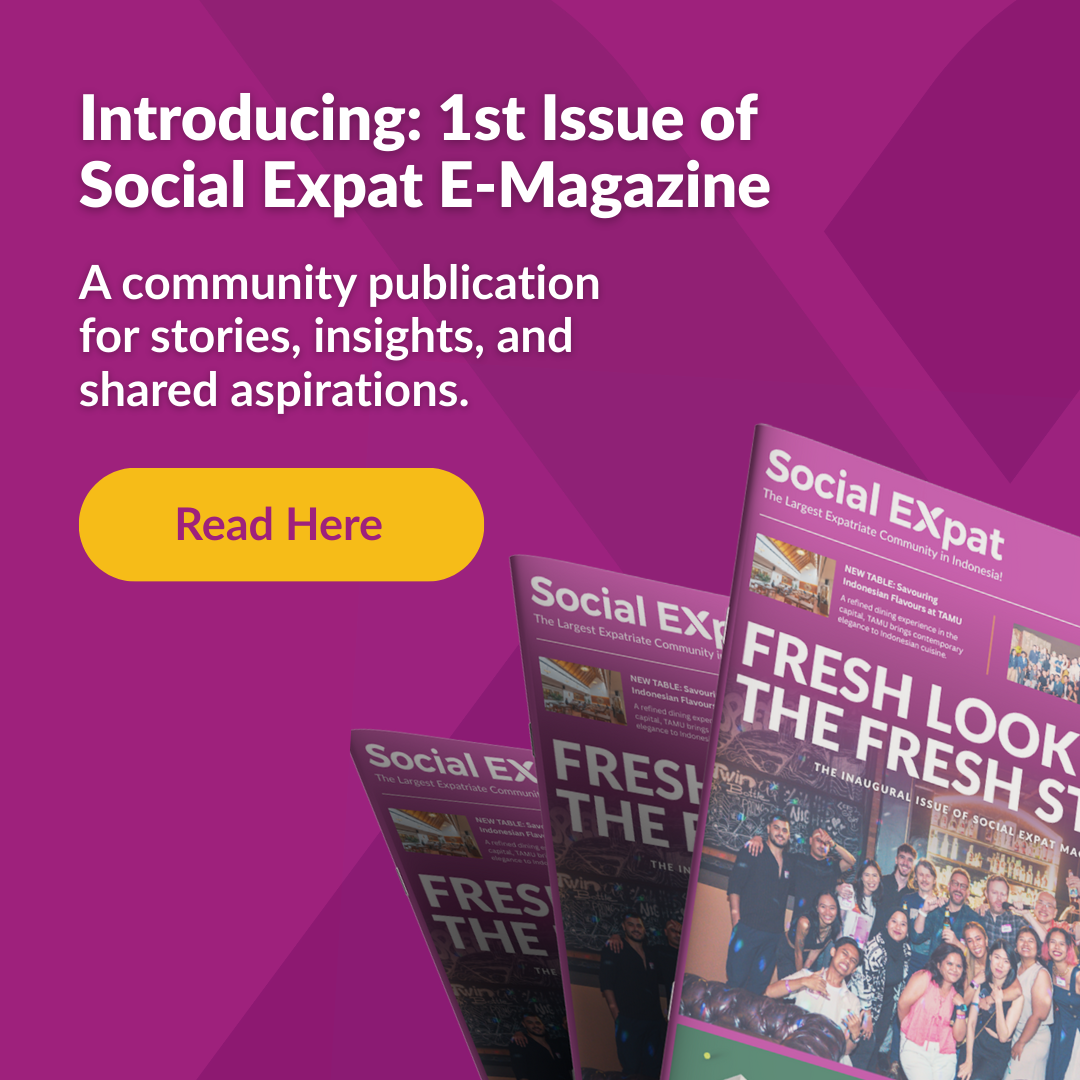Indonesia is a country that is known for its coffee beans. From Bali to Sumatra, the coffee produced in this country is among the best in the world. The unique taste and texture of Indonesian coffee are due to the unique combination of soil, climate, and the way the beans are processed.
The coffee culture in Indonesia is strong and has a long history, dating back to colonial times when the Dutch controlled the coffee trade. Today, Indonesian coffee is enjoyed all around the world. In this article, we explore the allure of Indonesian coffee by looking at some of the best coffee beans that the country has to offer.
Introduction
Explanation of the popularity of coffee in Indonesia
Several factors contribute to coffee’s popularity in Indonesia, including its favourable climate and geography, long history, unique varieties, vibrant and diverse coffee culture, and global growth in coffee consumption. Since then, coffee has become deeply ingrained in Indonesian culture and has remained a popular beverage.
Indonesia is also a major coffee producer, known for its distinctive varieties such as Sumatran Mandheling and Java coffee. Indonesian coffee culture is vibrant and diverse, ranging from traditional methods such as the strong and sweet Kopi Tubruk to modern specialty coffee shops. Finally, the rise in global coffee consumption has had an impact on the Indonesian coffee industry.
A brief history of Coffee in Indonesia
The history of coffee in Indonesia dates back to the colonial era when the Dutch East India Company (VOC) introduced coffee cultivation to the archipelago in the 17th century. Java became known for its high-quality coffee, and the name “Java” became synonymous with coffee. Robusta coffee was introduced to combat a coffee leaf rust disease outbreak in the late 19th century.
After Indonesia gained independence from the Dutch in 1945, the coffee industry underwent changes to promote smallholder coffee farming. In recent years, the speciality coffee movement has gained traction, leading to the rise of speciality coffee shops and a renewed focus on the distinct flavours of Indonesian coffee. Indonesia is now one of the world’s top coffee producers and exporters.
The Top Indonesian Coffee Bean Varieties
Kintamani
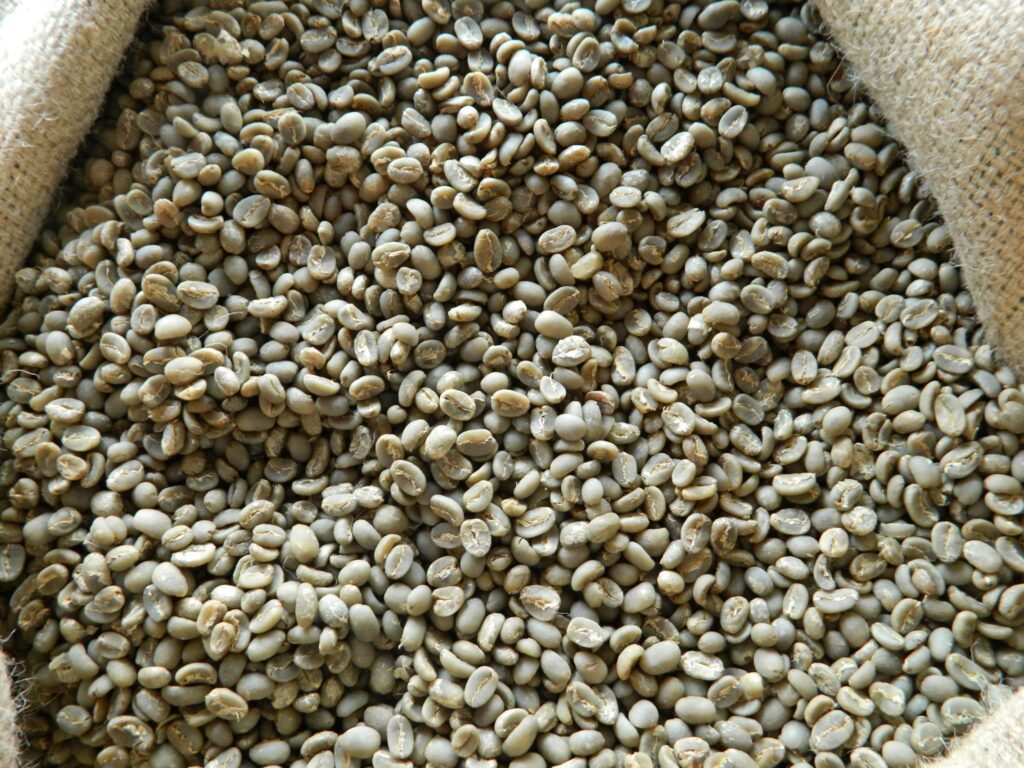
Bali Kintamani coffee is grown in Bali’s Kintamani highlands. It’s a medium-bodied coffee with bright acidity and fruity flavours. This region’s volcanic soil and cooler climate contribute to the distinct characteristics of Bali Kintamani coffee.
Kintamani’s unique floral notes
The aroma and flavour of coffee frequently feature floral notes such as jasmine, rose, or citrus blossoms. These delicate and fragrant flavours add to the complexity of Bali Kintamani coffee.
Gayo
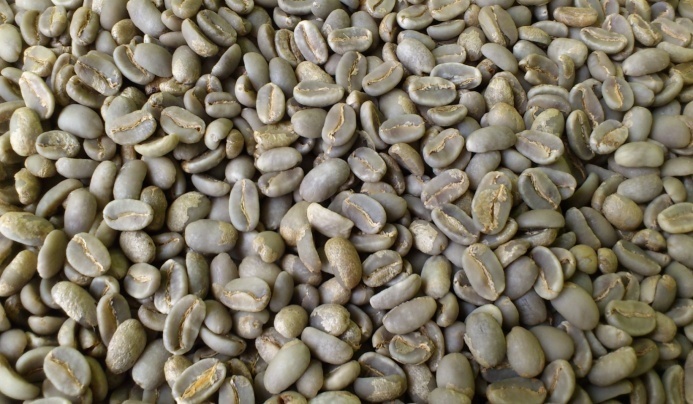
Gayo coffee is sourced from the Gayo Highlands in Sumatra’s Aceh province. It is well-known for its full-bodied, earthy flavour profile, as well as its low acidity. Gayo coffee is typically processed wet-hulled, which gives it its distinct flavour and aroma.
Gayo’s smoky character
The coffee beans are processed using a unique wet-hulled method, which imparts smoky flavours and earthy undertones to the brew. This distinct smokiness adds depth and richness to Gayo coffee’s overall flavour profile.
Toraja
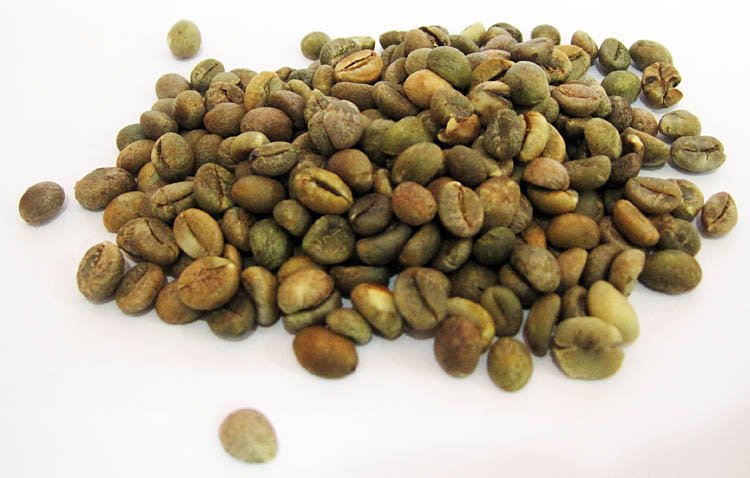
Toraja coffee is grown in the highlands of South Sulawesi’s Tana Toraja region. It is well-known for its smooth, well-balanced flavour, which includes hints of chocolate, spice, and fruitiness. The body of Toraja coffee is medium, and the acidity is moderate.
Toraja Sulawesi’s fruity undertones
This coffee can have notes of tropical fruits like ripe berries, stone fruits, or citrus. Fruity flavours brighten and refresh the coffee’s flavour, complementing its smoothness and balance.
Mandheling
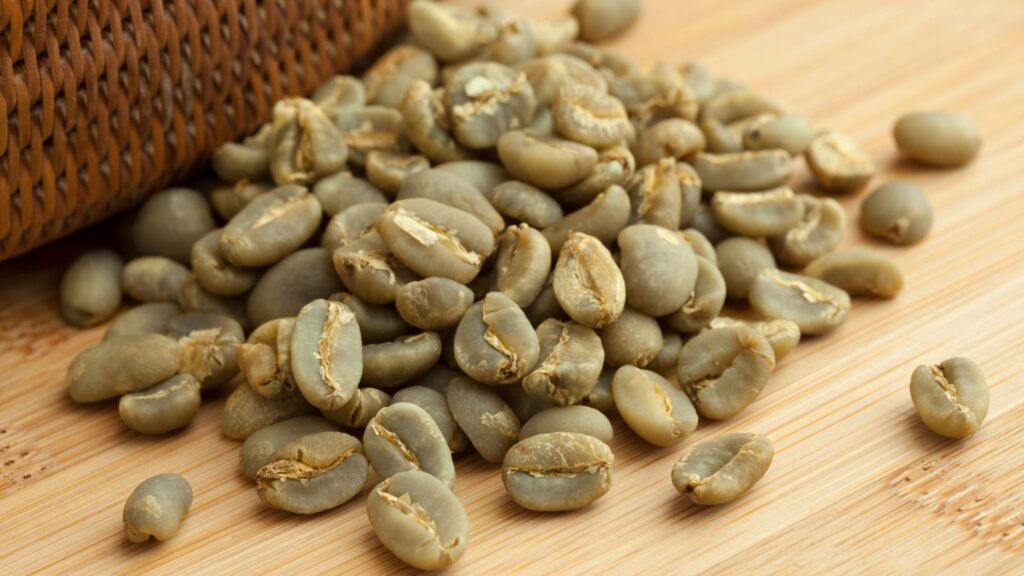
The Mandailing people of North Sumatra inspired the name Mandheling Coffee. It is one of the most well-known Indonesian coffees, distinguished by its full body, low acidity, and rich flavour. Mandheling coffee is distinguished by earthy, herbal, and occasionally spicy notes.
Mandheling’s bold and nutty flavour
It frequently has a deep, full-bodied flavour with distinct nutty undertones. Nutty flavours can range from hints of almonds or walnuts to a rich hazelnut flavour. Mandheling coffee has a strong and satisfying flavour profile.
Java

Java coffee is synonymous with Indonesian coffee and has a long history. It evolved from coffee plantations established by the Dutch during the colonial era in Java. Java coffee has a medium body, mild acidity, and a smooth, nutty flavour. It is frequently used to describe coffee that has a well-rounded flavour.
Java’s earthy and spicy taste
It frequently has a complex flavour profile, with notes of cedar, dark chocolate, herbs, and spices such as cinnamon or clove. Java coffee’s earthiness and spiciness contribute to its depth, making it a classic choice for coffee lovers looking for a nuanced and aromatic cup.
Indonesian Coffee Culture
The Importance of coffee rituals in Indonesian Culture
Coffee rituals are very important in Indonesian culture. Traditional coffee brewing methods, such as the well-known “Kopi Tubruk,” entail a specific process and ritual. Coffee preparation and consumption are frequently accompanied by socialising, storytelling, and bonding with family and friends. Coffee rituals are cherished parts of daily life that foster a sense of community and connection.
Traditional Indonesian coffee shops and their offerings
Traditional Indonesian coffee shops, also known as “warung kopi” or “kopi tiam,” are well-known gathering places for locals to enjoy their coffee. These stores frequently have a relaxed and cosy atmosphere.
They serve a variety of traditional coffee drinks, such as the strong and sweet “Kopi Tubruk,” as well as black coffee and traditional coffee blends. Coffee is frequently accompanied by traditional snacks such as fried bananas or sweet pastries.
The growing trend of speciality coffee shops and roasters
In recent years, Indonesia has seen an increase in the number of speciality coffee shops and roasters. These businesses are dedicated to sourcing high-quality, single-origin coffee beans and fostering a greater appreciation for coffee flavours and brewing techniques.
Pour-over, espresso-based drinks and cold brew are common brewing methods at speciality coffee shops. They prioritise the use of freshly roasted beans and offer a more curated coffee experience to coffee enthusiasts looking for unique and speciality flavours.
Sustainability and Social Responsibility
Improving the quality of life of coffee farmers
In the coffee industry, sustainability and social responsibility are focused on improving the livelihoods of coffee farmers. Fair trade practises, ensuring farmers receive fair prices for their coffee beans, and promoting equitable relationships throughout the supply chain are all part of this.
The quality of life for coffee farmers can be improved by supporting fair trade, providing access to education, healthcare, and resources, and encouraging sustainable farming practices.
The significance of eco-friendly farming practises
Sustainable coffee production emphasises the significance of environmentally friendly farming practices. This includes promoting organic farming methods, reducing the use of harmful chemicals, and implementing biodiversity and ecosystem-protection practices.
Eco-friendly practices aid in the preservation of soil health, the protection of water resources, and the preservation of ecosystem balance. Coffee producers can reduce the environmental impact of coffee cultivation and contribute to long-term sustainability by implementing these practices.
The Impact of climate change on coffee production
Climate change is posing significant challenges to coffee production around the world. Rising temperatures, irregular rainfall patterns, and increased pest and disease incidence have a direct impact on coffee crops. As a result, coffee yields may decrease and coffee bean quality may suffer.
Climate change also jeopardises the viability of coffee-growing regions and farmers’ livelihoods. Addressing climate change through sustainable practices such as shade-grown coffee and carbon offset initiatives becomes critical to ensuring coffee production’s future.
Conclusion
In conclusion, with its diverse flavours, rich cultural heritage, and opportunity to support sustainable and ethical practices, Indonesian coffee provides a captivating experience. By learning about and supporting Indonesian coffee, you can immerse yourself in its allure while also helping the industry and the communities involved.
FAQ:
Q: What makes Indonesian coffee unique?
A: Indonesian coffee is unique due to its diverse flavour profiles, which range from floral and fruity to bold and nutty. The country’s favourable climate, volcanic soil, and cultivation techniques contribute to the distinct characteristics of Indonesian coffee.
Q: What are some popular Indonesian coffee varieties?
A: Some popular Indonesian coffee varieties include Kintamani with its floral notes, Gayo known for its smoky character, Toraja with fruity undertones, Mandheling featuring a bold and nutty flavour, and Java offering an earthy and spicy taste.
Q: What is the significance of Indonesian coffee culture?
A: Indonesian coffee culture is rich and vibrant, with deep-rooted traditions and rituals. Coffee rituals play an essential role in social bonding, and traditional Indonesian coffee shops, known as warung kopi, offer a cosy setting to enjoy coffee and snacks.
Q: How can I support Indonesian coffee?
A: You can support Indonesian coffee by exploring and trying different Indonesian coffee varieties, seeking out brands that prioritize sustainability and fair trade practices, and learning about the stories and traditions behind it. Supporting local coffee shops and roasters that source and promote Indonesian coffee is another way to contribute.
Q: How does climate change impact Indonesian coffee production?
A: Climate change poses challenges to coffee production in Indonesia. Rising temperatures, irregular rainfall, and increased pests and diseases can affect coffee crops, leading to lower yields and compromised quality. Sustainable farming practices and climate adaptation strategies are crucial to mitigate these impacts.
Q: Where can I find Indonesian coffee?
A: Indonesian coffee is available in various forms, including whole beans, ground coffee, and speciality coffee drinks. You can find it at local coffee shops, speciality coffee retailers, online platforms, and sometimes even in supermarkets.
Q: Can I brew Indonesian coffee at home?
A: Absolutely! It can be brewed at home using various methods like pour-over, French press, espresso machines, or traditional methods like Kopi Tubruk. Experiment with different brewing techniques to find your preferred way of enjoying Indonesian coffee.
Q: Is Indonesian coffee considered high-quality?
A: Yes, Indonesian coffee is highly regarded in the coffee world for its quality and unique flavour profiles. It has gained recognition and appreciation globally, particularly in speciality coffee circles.
Q: What should I look for when buying Indonesian coffee?
A: When buying Indonesian coffee, look for indications of its origin and specific variety. Consider the roast date for freshness, and if possible, choose brands that prioritize sustainable sourcing and ethical practices.
Q: Can I visit Indonesian coffee plantations or take coffee tours?
A: Yes, some regions offer coffee plantation tours and coffee-related activities. You can visit certain areas, such as Kintamani in Bali, or explore organized coffee tours to learn more about the coffee production process firsthand.
Looking for other food and drink insights from Indonesia? Check out the Food & Drink articles from Social Expat!


